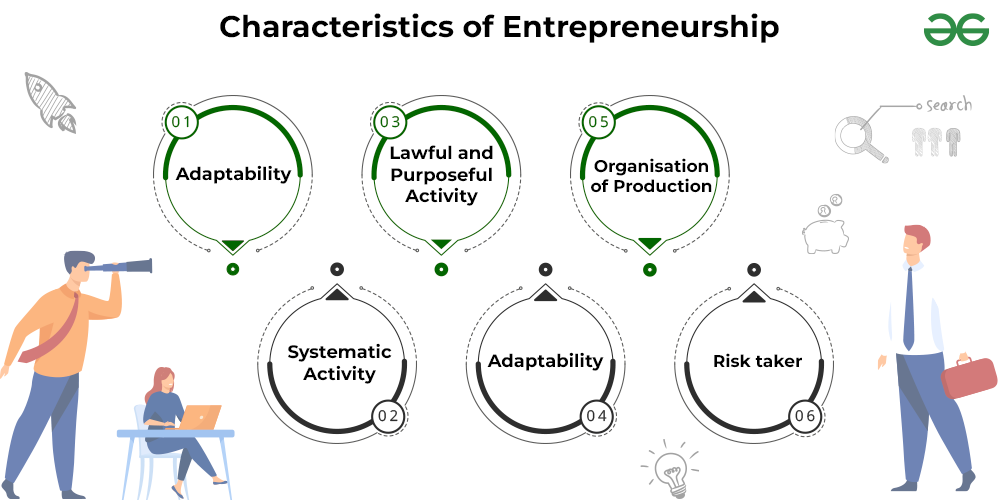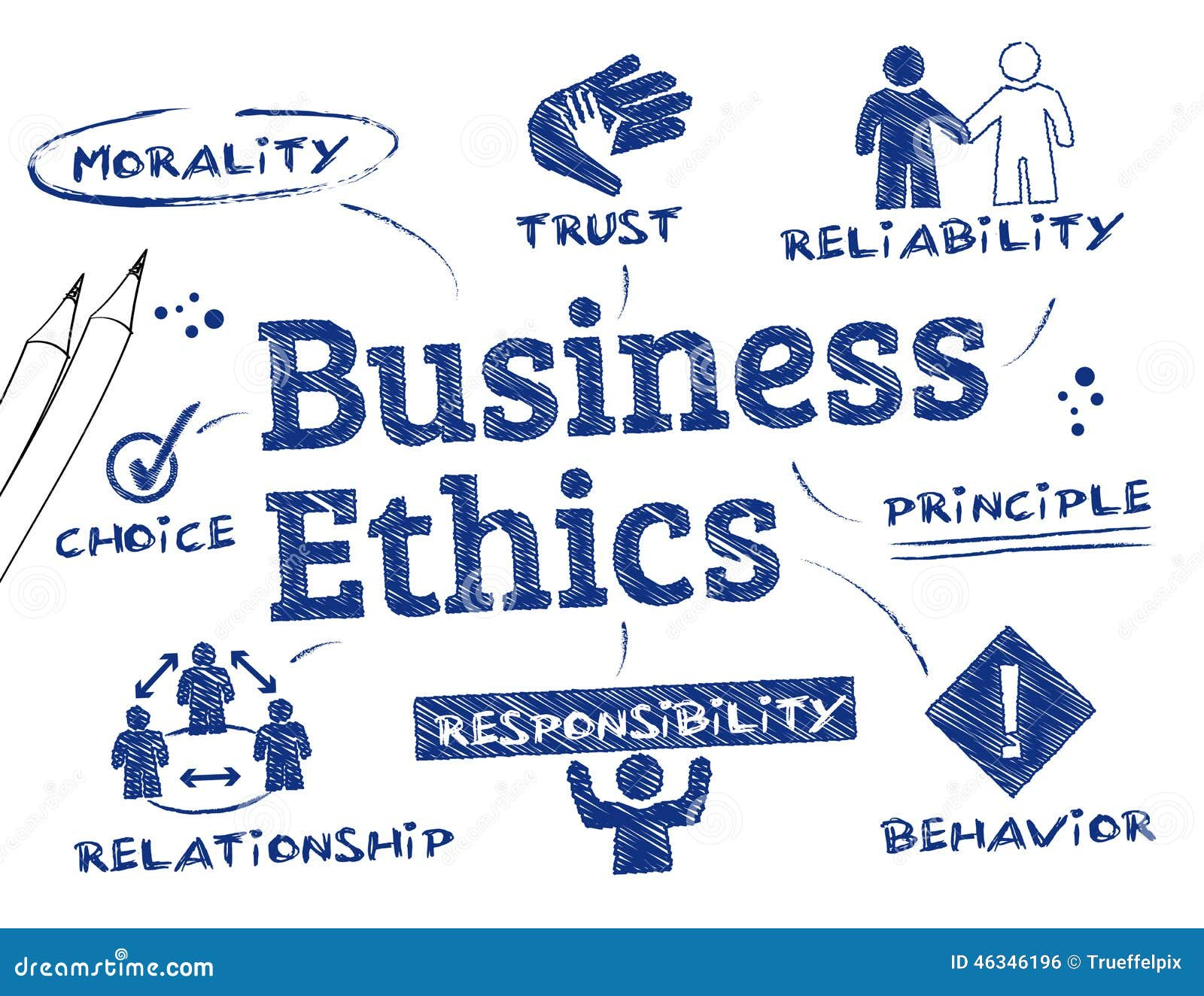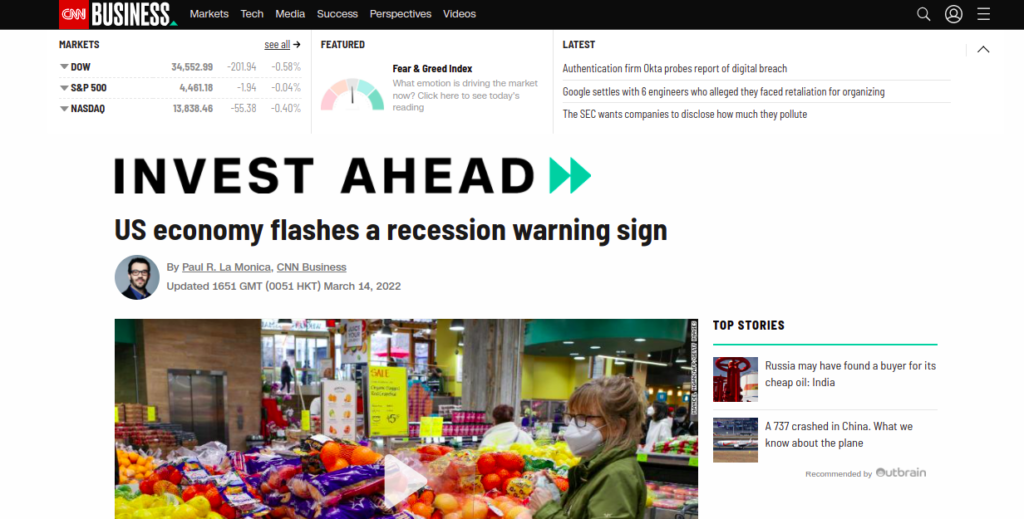Entrepreneurialism has reshaped the American workforce, driving individuals to take charge of their career paths in unprecedented ways. From traditional business owners to modern gig workers, the concept of making your own job has become more prevalent, reflecting a cultural shift towards flexibility and independence. This growth in entrepreneurship and solo entrepreneurship reflects a desire for work-life balance among those who work in freelancing and other flexible fields. As Erik Baker highlights in “Make Your Own Job,” the entrepreneurial spirit not only embodies financial ambition but also a quest for personal fulfillment and dignity in our labor. In a world where the conventional job market is often fraught with uncertainty, embracing entrepreneurialism feels like a compelling alternative.
The journey into the world of entrepreneurship is marked by self-initiative and innovation, often described as the pursuit of self-employment or startup ventures. Many individuals are now exploring alternative avenues, from solopreneurship, where one operates a business independently, to freelancing, which offers a variety of short-term projects with different clients. This new era of work not only highlights the importance of individual creativity but also emphasizes the significant changes in how jobs are perceived in a rapidly evolving economy. Personal agency in career choices has led to a growing trend towards work that aligns with one’s values and aspirations. By redefining success and job fulfillment, this contemporary workforce seeks to achieve a more satisfying integration of professional and personal life.
Understanding the Evolution of Entrepreneurialism
Entrepreneurialism has undergone significant transformation over the decades, emerging from the need to adapt to economic changes and societal expectations. In the late 19th and early 20th centuries, America transitioned from an industrial based economy to one where individual initiative became paramount. As manufacturing jobs began to diminish, a cultural shift occurred, promoting the idea that individuals could forge their own paths. This transformation highlighted the rise of ‘making your own job’, encouraging people to leverage their unique skills and talents in a freelancing model that suited the increasingly flexible job market.
The evolution of entrepreneurialism also reflects broader societal values. Influential figures in self-help literature, such as Napoleon Hill, advocated for transformative concepts, urging individuals to consider their work not merely as a means of income, but as a calling infused with purpose. This shift significantly influenced American culture, making ‘solo entrepreneurship’ attractive, particularly for those feeling disenfranchised in traditional employment. Today, entrepreneurialism encapsulates a wide array of professions, from startup founders to gig economy workers, creating a diverse tapestry of opportunities that empower individuals to make meaningful contributions in an ever-changing landscape.
Freelancing: The New Frontier of Work
Freelancing has become synonymous with the modern workforce, offering individuals the flexibility to create their own jobs and balance professional and personal aspirations. The rise of the digital economy has paved the way for freelance opportunities to flourish, enabling individuals to offer niche services to a global market. Whether it’s graphic design, writing, or consulting, freelancers embody entrepreneurialism by capitalizing on their unique skills and passions while maintaining control over their work environments and schedules.
This evolution towards freelancing raises important questions about work-life balance and its implications for productivity and satisfaction. While the freedom of freelancing allows for better integration of personal and professional priorities, it also introduces challenges such as financial instability and the pressure to constantly secure new clients. Thus, aspiring freelancers must develop robust business acumen and self-discipline, merging the ideology of entrepreneurship with practical skills to build a sustainable career in this ever-competitive landscape.
The Impact of Technology on Entrepreneurial Opportunities
In today’s fast-paced digital age, technology is fundamentally reshaping the landscape of entrepreneurialism, creating unprecedented opportunities for individuals to innovate and make their own jobs. From e-commerce platforms to social media marketing, entrepreneurs now have access to tools that enable them to reach customers more efficiently than ever before. The evolution of technology has democratized the startup process, allowing anyone with an internet connection the chance to launch a business without significant capital investment.
However, this technological revolution comes with its own set of challenges, particularly the risks associated with rapid innovation cycles and market saturation. Aspiring entrepreneurs must stay informed and continually adapt their strategies to remain competitive within their industries. Balancing the benefits of digital tools with the demands of constant learning is crucial for fostering sustainable entrepreneurial success, illustrating the complex relationship between technological advancement and the pursuit of making your own job.
Navigating the Gig Economy: Tips for Success
The gig economy has radically transformed the concept of work, providing a flexible alternative for those seeking to escape the confines of traditional employment. With platforms that facilitate short-term jobs and projects, individuals can define their own roles and income potential. However, succeeding in the gig economy requires more than just signing up on a freelance platform; it demands strategic planning and proactive networking to secure continuous work. Building a solid personal brand and cultivating positive client relationships are integral components of a successful freelance career.
Moreover, navigating the gig economy also involves mastering the elusive work-life balance. Freelancers often find themselves working irregular hours and managing multiple projects simultaneously, which can lead to burnout. Establishing boundaries, creating a dedicated workspace, and scheduling breaks are critical strategies to maintain mental wellbeing while pursuing entrepreneurial ventures in the gig economy. By implementing these methods, freelancers can thrive in a dynamic work environment without sacrificing personal health and happiness.
Exploring the Role of Intrapreneurship in Business
Intrapreneurship has become a vital component of entrepreneurial success within existing organizations, fostering an environment where employees can innovate and take ownership of projects. This concept encourages employees to act as entrepreneurs while still drawing on the resources and stability of their firms. By nurturing intra-company innovation, firms can strengthen their competitive positions while encouraging staff to channel their creativity into developing new products and services.
As organizations embrace intrapreneurship, they are also recognizing the importance of creating a culture that promotes autonomy and encourages diverse ideas. This shift can lead to more satisfying work experiences for employees, ultimately enhancing job satisfaction. It allows workers to experience the fulfillment of entrepreneurialism without the inherent risks that often accompany starting a business from scratch, thereby supporting a healthier work-life balance through collaborative endeavors.
The Importance of Mindset in Entrepreneurship
Mindset plays a pivotal role in determining the success of aspiring entrepreneurs, shaping how they perceive challenges and opportunities. An entrepreneurial mindset encompasses qualities such as resilience, adaptability, and an eagerness to learn, which are crucial for navigating the ups and downs of creating one’s own job. The ability to stay optimistic amid setbacks fosters a growth-oriented approach, encouraging individuals to seek innovative solutions rather than becoming overwhelmed by obstacles.
Moreover, developing a strong mindset can significantly impact an entrepreneur’s approach to risk and uncertainty. Embracing failure as a learning opportunity rather than a setback can foster greater creativity and long-term success. Cultivating this perspective is especially important in fields such as freelancing, where income can fluctuate and job security is not guaranteed. A positive mindset not only helps to enhance personal well-being but also empowers entrepreneurs to thrive in an unpredictable economic landscape.
Finding Balance: Work and Personal Life as an Entrepreneur
Striking a healthy work-life balance is one of the most significant challenges facing entrepreneurs and freelancers today. The allure of being your own boss can lead to overwork, with many individuals feeling the need to constantly prove their worth in a highly competitive environment. However, prioritizing personal health and relationships is essential for sustainable success. Entrepreneurs must set clear boundaries to demarcate their work from personal life, recognizing that downtime is crucial for long-term productivity.
Implementing practices such as scheduled breaks, time-blocking for focused work sessions, and regular personal time can help maintain this vital balance. Furthermore, cultivating a support network of fellow entrepreneurs can provide encouragement and accountability, serving as a valuable resource for sharing experiences and strategies. Embracing these principles can enable entrepreneurs to lead fulfilling lives while pursuing their professional aspirations, reflecting the harmony between personal and work commitments.
Resilience and Entrepreneurship: Embracing Challenges
Resilience is a hallmark of successful entrepreneurship, embodying the ability to overcome adversity and persist in the face of challenges. This quality is particularly vital for freelancers and solo entrepreneurs, who often navigate unpredictable markets and client demands. Adopting a resilient mindset enables individuals to adapt their strategies, learn from failure, and remain focused on their goals without being discouraged by setbacks. Fostering resilience requires ongoing self-reflection and a willingness to embrace discomfort as a fundamental part of the entrepreneurial journey.
Building resilience also involves surrounding oneself with a support network that includes mentors and peers who understand the unique challenges faced by entrepreneurs. Engaging in communities fostering entrepreneurial spirit can provide encouragement and a wellspring of resources for navigating difficulties. By developing emotional endurance and a proactive approach to challenges, entrepreneurs can thrive in their pursuits while overcoming the inevitable obstacles that accompany making their own job.
Future Trends in Entrepreneurship: Preparing for Change
As we look towards the future, entrepreneurship is set to evolve in response to shifting societal dynamics and technological advancements. Emerging trends such as increased automation, the rise of artificial intelligence, and changing consumer behaviors will continue to influence how we define and pursue entrepreneurialism. The future may see more individuals embracing hybrid models of work, integrating remote collaboration with traditional business practices, and redefining the parameters of professional success.
In preparation for these changes, aspiring entrepreneurs will need to cultivate a forward-thinking mindset that keeps abreast of emerging technologies and market trends. Building versatility in skills and continuously adapting business models will be critical for thriving in an entrepreneurial landscape characterized by rapid change. By remaining agile and open to innovation, future entrepreneurs can position themselves to seize new opportunities and redefine what it means to make their own jobs.
Frequently Asked Questions
How has entrepreneurialism influenced the way Americans perceive work today?
Entrepreneurialism has drastically shifted Americans’ relationship with work, emphasizing individual skill application and ambition over traditional job roles. This approach allows people to create their own opportunities, much like the essence of entrepreneurship promotes a self-driven work ethic.
What are some challenges associated with solo entrepreneurship?
Solo entrepreneurship can lead to work-life balance challenges, as individuals often find it hard to manage time effectively when running their own businesses. The pressure to constantly innovate while ensuring financial stability can also contribute to stress and burnout.
How does freelancing fit into the broader concept of entrepreneurialism?
Freelancing is a key aspect of entrepreneurialism as it allows individuals to leverage their skills and work independently. It embodies the idea of making your own job by providing flexibility and the opportunity to pursue personal passions while also generating income.
What skills are essential for succeeding in entrepreneurship?
Successful entrepreneurs often possess strong communication, networking, and self-management skills. Additionally, they should have a keen understanding of market dynamics, creativity in problem-solving, and resilience to navigate the uncertainties of the entrepreneurial landscape.
In what ways can work-life balance be achieved in entrepreneurial pursuits?
Achieving work-life balance in entrepreneurial ventures involves setting clear boundaries between work and personal life, prioritizing tasks, and scheduling regular breaks. Entrepreneurs can also benefit from time management techniques and delegating certain tasks as their business grows.
What role does technology play in the evolution of entrepreneurialism?
Technology has revolutionized entrepreneurialism by providing accessible platforms for marketing, networking, and conducting business operations. It reduces entry barriers, allowing even solo entrepreneurs to compete in the global marketplace and reach a wider audience.
Can entrepreneurialism be effectively integrated into corporate environments?
Yes, entrepreneurialism can be integrated into corporate environments through intrapreneurship, where employees are encouraged to act as entrepreneurs within the company. This fosters innovation and motivates employees to contribute creatively to corporate goals while still enjoying the resources of a larger organization.
What historical shifts have contributed to the rise of entrepreneurialism in America?
Historical shifts, such as the transition from industrialization to a knowledge-based economy, along with periods of economic stress, have prompted Americans to adopt an entrepreneurial mindset. Events like the Great Depression spurred the idea that individuals could create their own jobs and opportunities through innovation and freelancing.
How did self-help literature impact perceptions of entrepreneurialism?
Self-help literature fueled the perception of entrepreneurialism by promoting the idea that everyone has the potential to create their own success. Authors emphasized specialized knowledge, creativity, and self-promotion as essential tools for transforming work into a fulfilling and lucrative endeavor.
What can be done to support aspiring entrepreneurs in today’s economy?
Supporting aspiring entrepreneurs can involve providing access to resources such as mentorship programs, funding opportunities, educational workshops, and networking platforms. Encouraging a culture of innovation and risk-taking can also empower individuals to pursue their entrepreneurial ambitions.
| Key Points |
|---|
| Entrepreneurialism has transformed how Americans engage with work. |
| The term includes various roles: entrepreneurs, intrapreneurs, solopreneurs, and more. |
| The shift towards entrepreneurialism began in response to structural unemployment in the early 20th century. |
| Influential figures stress the importance of self-promotion and personal branding in finding work. |
| Entrepreneurialism is linked to economic stress; creativity and initiative become paramount. |
| The ethos of entrepreneurship encourages a perpetual readiness for risk and self-reliance. |
Summary
Entrepreneurialism is reshaping the landscape of work in America, driving individuals toward self-employment and unique business ventures. From freelance work to traditional entrepreneurship, the concept has evolved significantly, marked by historical economic shifts. As the relationship between work and personal fulfillment transforms, the pressures and anxieties associated with success in this new economy also burgeon. Understanding these dynamics can help individuals navigate the complexities of modern work life.









Leave a Reply